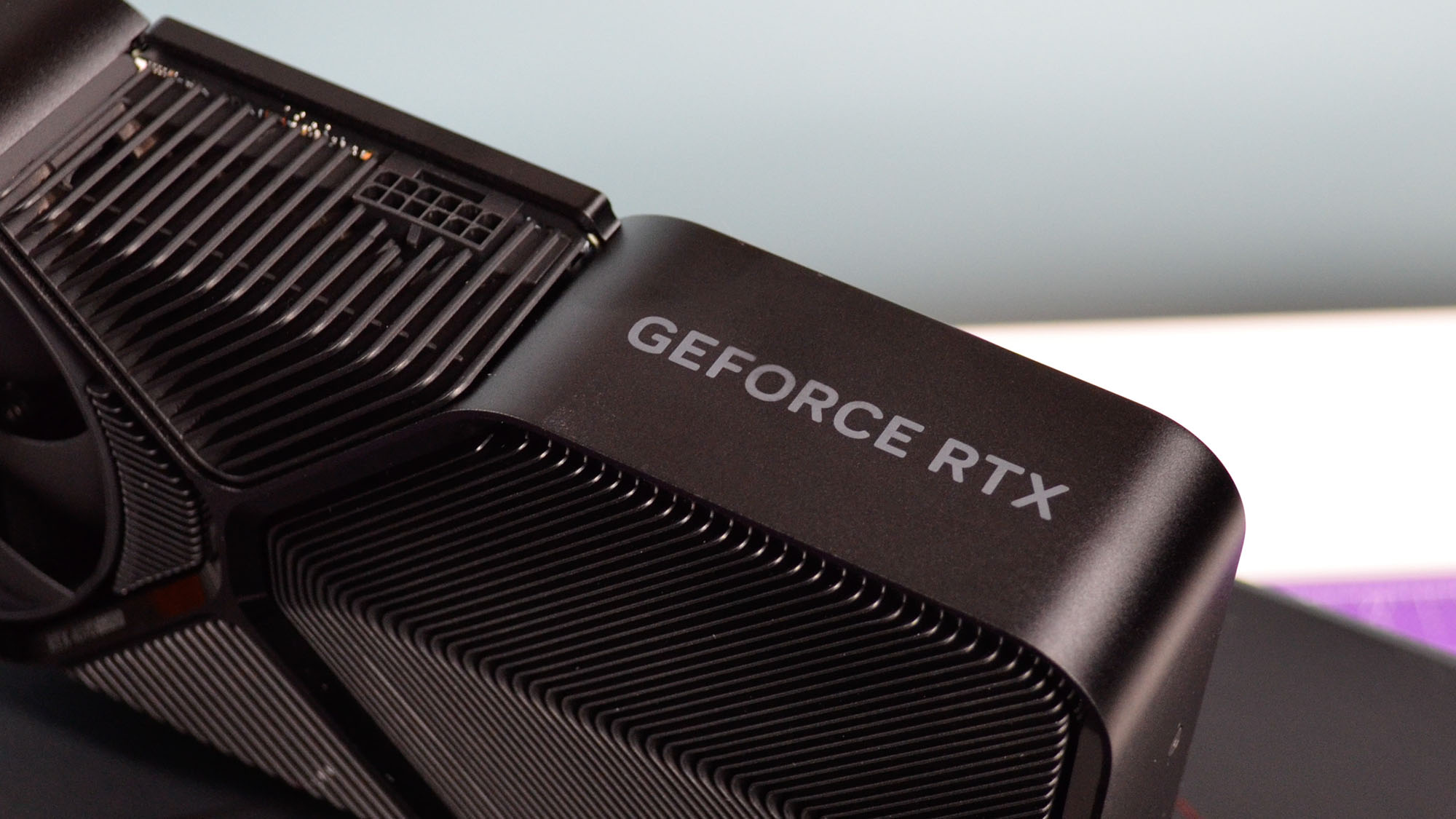Nvidia RTX GPUs get one of the coolest features ever: automatic overclocking that won’t affect your warranty
One-click auto GPU tuning is a fantastic idea, though it’s still in beta

Nvidia’s latest update for its unified app (brought in earlier this year) adds some smart capabilities into the mix and that includes automatic overclocking via a feature that won’t invalidate the warranty of your graphics card.
The Nvidia App has a new beta update – and bear in mind that this is a beta, not finished software – which brings in one-click automatic GPU tuning for GeForce RTX graphics cards.
As the name suggests, it’s as simple as a single click to set off the automatic tuning process, and it puts your GPU through its paces, taking 10 to 20 minutes – during which time you should leave your PC alone (as running other apps will interfere with the result).
The Nvidia App will then implement what it deems to be the best settings in terms of overclocking and adjusting voltage, power and so forth, without you having to lift a finger.
On top of that, the auto tuner will perform checkup scans on your GPU periodically to ensure you’re still running the most appropriate settings for your card, which is pretty nifty.
Nvidia does caution: “Please note that overclocking your GPU may cause your PC to become unstable or show visual artifacts in certain titles.”
If that’s the case, you can always turn off the feature, of course, and Team Green underlines that using automatic tuning “will not damage your GPU or invalidate its warranty” if such talk has you worried along those lines.
Get daily insight, inspiration and deals in your inbox
Sign up for breaking news, reviews, opinion, top tech deals, and more.
On top of the GPU auto tuner (which lives in the Performance panel), there’s also another cool addition here – support for the AV1 codec, and SDR plus HDR video recording at 120 frames per second.
In short, recording gameplay on your PC is getting a major boost, and the resulting videos will be of a higher quality and more fluid – though you’ll need one of the current-gen RTX 4000 series GPUs to benefit from this functionality.
Nvidia has shown how much of an improvement the new recording capability provides in the below YouTube clip, using the PC port of Horizon Forbidden West.
Analysis: A dream for beginners – and good for PC enthusiasts too
Automatic overclocking is a huge boon, as not everyone has the technical know-how to be able to safely engage in pushing their GPU to reach faster frame rates. There are some appreciable gains to be made in doing so, but numerous pitfalls and dangers in terms of manually tweaking the graphics card to achieve them – but with an auto tuner, all the pain is removed.
And if anything does go wrong, you’re safe in the knowledge that your warranty is not affected by this automated overclocking (which doubtless errs on the side of caution – and rightly so, to be honest).
We should note that this isn’t just for beginners either, as more advanced users can dive into the settings in the Nvidia App and adjust the various targets (voltage, power, temperature, fan speed) that the tuning algorithms run with, to have more control over what’s happening with the process.
If you’re thinking that you’ve heard of this performance tuning feature before, well, you’re not imagining things – Nvidia has provided a similar system in the past (and it was in beta testing earlier this year in the Nvidia App for that matter, before disappearing for a while). With its return, hopefully we now have a fully-fledged working GPU auto tuning system – though we should remember that the feature is still in beta, so it might produce unpredictable results.
Its reintroduction to the Nvidia App surely means that one-click auto GPU tuning is close to release now, so you’d hope GeForce RTX graphics card owners will see the benefit in the stable release of the app before too long. While you might be keen to try this feature, we’d still advise most gamers to wait for the full release, rather than hopping on the beta train right now. But if you really can’t wait, we don’t blame you.
Via VideoCardz
You might also like
Darren is a freelancer writing news and features for TechRadar (and occasionally T3) across a broad range of computing topics including CPUs, GPUs, various other hardware, VPNs, antivirus and more. He has written about tech for the best part of three decades, and writes books in his spare time (his debut novel - 'I Know What You Did Last Supper' - was published by Hachette UK in 2013).
